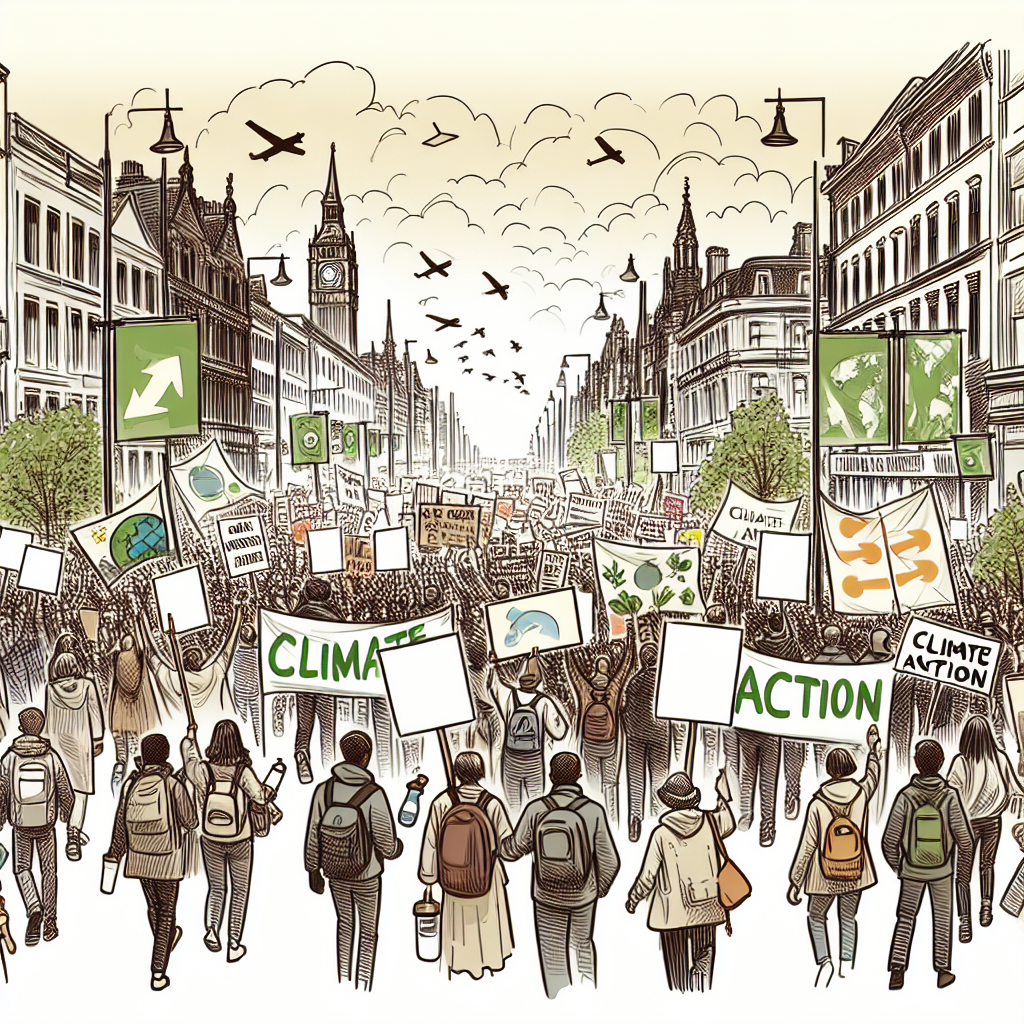Global Survey Shows Overwhelming Support for Stronger Climate Action, Unity Among Nations
The survey indicated robust support for enhanced climate actions across major greenhouse gas-emitting nations.

The Peoples’ Climate Vote 2024, the largest standalone survey on climate change attitudes to date, reveals that 80 percent of people worldwide are urging their governments to take stronger actions to combat the climate crisis. This resounding call for action comes amid a backdrop of heightened global conflicts and increasing nationalist sentiments.
Conducted by the UN Development Programme (UNDP) in collaboration with the University of Oxford and GeoPoll, the survey engaged over 75,000 individuals across 77 countries, representing 87 percent of the global population. Participants, spanning 87 different languages, were queried on 15 climate-related questions to gauge their experiences with climate impacts and their expectations from world leaders.
UNDP Administrator Achim Steiner emphasized the significance of the survey results, stating, “The Peoples’ Climate Vote is a powerful testament to global consensus. Citizens worldwide are demanding that leaders rise above differences and take decisive action against the climate crisis.” Steiner called on policymakers to heed this call, particularly as countries prepare their updated climate action plans, known as nationally determined contributions (NDCs), under the Paris Agreement.
The survey indicated robust support for enhanced climate actions across major greenhouse gas-emitting nations. In countries such as the United States, Russia, Germany, China, South Africa, India, Brazil, Iran, and Italy, support for stronger climate commitments ranged from 66 percent to as high as 93 percent.
Interestingly, a gender disparity in support for climate action was noted in several countries. Women in Australia, Canada, France, Germany, and the United States expressed higher levels of support compared to men, with the largest gap observed in Germany, where women were 17 percentage points more likely than men to advocate for increased climate action.
Moreover, a clear global majority of 72 percent favor a rapid transition away from fossil fuels, including substantial support from top oil, coal, and gas-producing nations. This sentiment underscores a growing consensus on the necessity of transitioning to renewable energy sources to mitigate climate change impacts.
Climate change emerged as a pressing concern for people worldwide, with 56 percent reporting regular thoughts about it, and notably higher figures in Least Developed Countries (LDCs) and Small Island Developing States (SIDS). Over half of the global respondents expressed heightened worry about climate change compared to the previous year, reflecting growing apprehension about its impacts on daily decisions, such as where to live or work.
Professor Stephen Fisher from the University of Oxford highlighted the survey's rigorous methodology and its inclusive approach, which aimed to capture opinions from marginalized communities worldwide. He emphasized that the data collected represents some of the highest quality global insights into public perceptions on climate change.
Cassie Flynn, Global Director of Climate Change at UNDP, underscored the survey’s role in amplifying voices traditionally underrepresented in climate discussions. Flynn emphasized the urgent need for bold climate action as countries prepare to update their climate pledges by 2025 under the Paris Agreement. She highlighted UNDP’s Climate Promise initiative, which has already supported over 100 developing countries in enhancing their climate targets and adaptation goals.
As global momentum builds towards climate action, the Peoples’ Climate Vote 2024 stands as a pivotal indicator of public sentiment, urging leaders to unite in tackling the climate crisis and safeguarding the planet for future generations.










